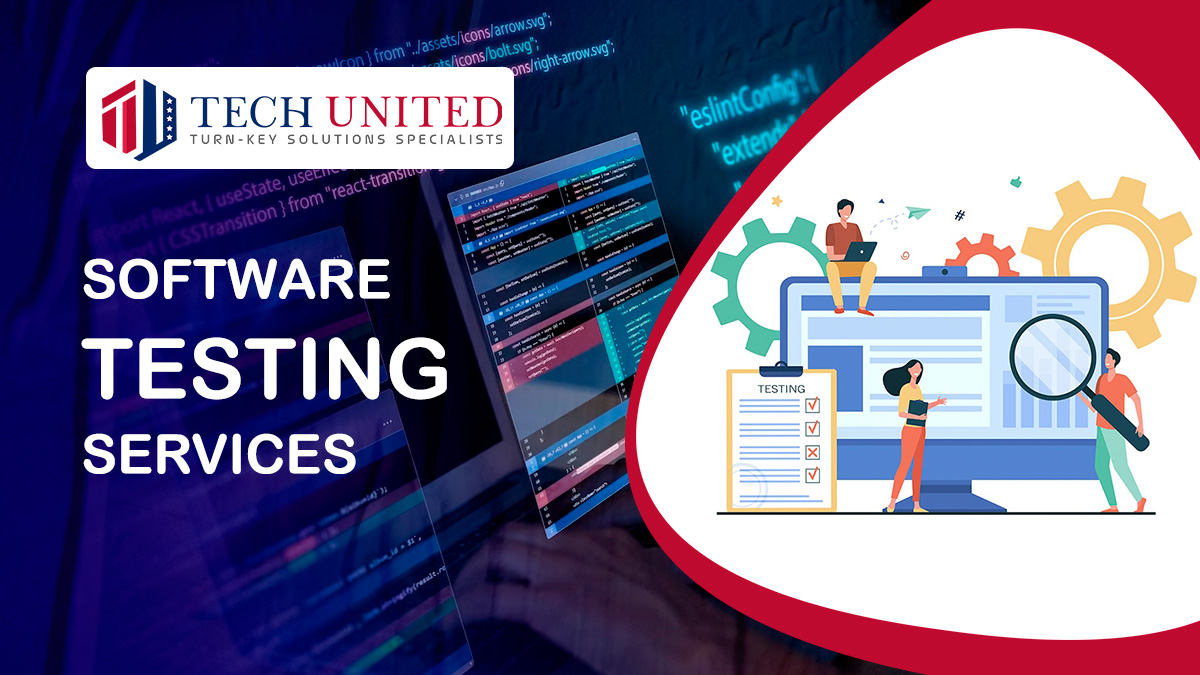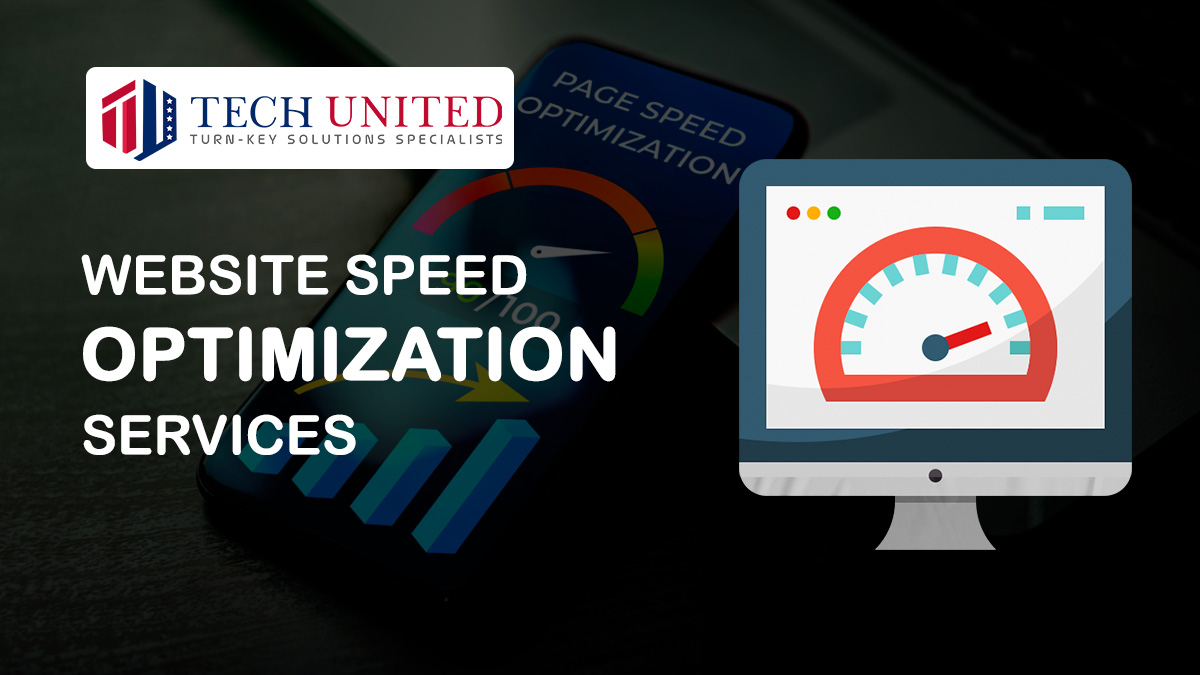Software testing services involve the systematic evaluation of a software application or system to ensure that it meets specified requirements and functions correctly.
These services are crucial to identifying defects, ensuring the reliability of the software, and delivering a high-quality product. Here are key aspects of software testing services:
1. Manual testing:
- Description: Testers manually execute test cases without using any automation tools. This includes functional testing, regression testing, and exploratory testing.
- Purpose: Ensures the software behaves as expected under various conditions.
2. Automated Testing:
- Description: Involves using automation tools to execute test scripts and verify software functionalities. This includes unit testing, integration testing, and end-to-end testing.
- Purpose: Speeds up the testing process, especially for repetitive and time-consuming tasks.
3. Performance Testing:
- Description: Evaluate the performance, responsiveness, and stability of a software application under various workloads. Types include load testing, stress testing, and scalability testing.
- Purpose: Identifies bottlenecks and ensures the system can handle the expected user load.
4. Security Testing:
- Description: Assesses the security features of a software system to identify vulnerabilities and potential threats. This includes penetration testing and security scanning.
- Purpose: Ensures that the software is resistant to unauthorized access and protects sensitive data.
5. Compatibility Testing:
- Description: Verifies that the software functions correctly across different devices, browsers, and operating systems.
- Purpose: Ensures a consistent user experience for a diverse user base.
6. Usability Testing:
- Description: Evaluate the user-friendliness and overall user experience of the software.
- Purpose: Identifies areas for improvement in terms of user interface design and interaction.
7. Regression Testing:
- Description: Verifies that new changes or enhancements do not negatively impact existing functionalities.
- Purpose: Prevents the introduction of defects during the development process.
8. Acceptance Testing:
- Description: Validates that the software meets the acceptance criteria and is ready for deployment.
- Purpose: Ensures alignment with user expectations and business requirements.
9. Mobile App Testing:
- Description: Specific testing for mobile applications, including functional testing on various devices and platforms.
- Purpose: Ensures mobile apps work seamlessly across different devices and operating systems.
Effective software testing services are essential for delivering high-quality software products. The choice of testing services depends on factors such as the nature of the software, the project requirements, and the desired level of automation. Testing should be an integral part of the software development lifecycle, from the initial stages of development to ongoing maintenance and updates.






